What is Passion Week?
Palm
Sunday to Resurrection Sunday is called Passion Week or Holy Week. Each
day leading up to Jesus’ crucifixion, “Good Friday” and to Christ Resurrection
is very important for all followers of Jesus.
During this week, every step, action, and Words of Christ is important to know why Jesus did what He had planned before the foundation of the world. Reflecting upon “Passion Week” helps our own identity with God and our search for meaning and purpose in life because everyone suffers and every person will go through emotions that reflect those sufferings and challenges in life.
In the King James Bible, “To whom also he shewed himself alive after his passion by many infallible proofs, being seen of them forty days,
…” (Acts 1:3), in another word “his passion” means “his
suffering.” Jesus, who is God intentionally and with a willing heart, was willing to suffer for our iniquities, our gross immorality, injustice, wickedness and our rebellion against God. Jesus was passionate to fulfill God’s plan and to die for the sins of this world, and He took “our sins” upon His own shoulders to save us and to give us the free gift of salvation for those who would accept it. When we think of the word “passion” we connect it to a very strong emotion, a strong focus and determination to finish and to complete the task. In Latin “passio” refers to an “enduring suffering” and “Passion Week” encompasses both the strong emotion and suffering of Christ.
Each day of the “Passion Week” directs us to Jesus’ passion (his emotions) to fulfill His suffering on the Cross. It is this journey of suffering of Jesus on the cross helps us to understand our own suffering. It is when we connect with Jesus’ journey, we understand
this scripture: “I have been crucified with Christ. It is no longer I who live, but Christ who lives in me. And the life I now live in the flesh I live by faith in the Son of God, who loved me and gave himself for me” (Galatians 2:20).
On Resurrection Sunday, we end the suffering, because Jesus rose from the dead to give us life and victory. Praise the Lord! We now have victory over sin and death, “The thief comes only to steal and kill and destroy. I came that they may have life and have it abundantly ” (John 10:10). My friends, the devil only wants to keep you under depression and darkness, but Jesus came to give us life and to conquer over our sin. We no longer need to live in spiritual suffering and walk this journey by ourselves because “I have been crucified with Christ. It is no longer I who live, but Christ who lives in me.” Isn’t this the good and greatest news ever told! When we accept Christ with a true repentance, we no longer need to walk this journey by ourselves, but with Jesus who will be our friend and will never leave you nor forsake you.
This is why we need to take the time out of our busy lives and process and contemplate Jesus’ emotions and suffering during the “Passion Week.” When you take the time and investment to understand Jesus’ emotions and His suffering, this will help you reflect on your own emotions and sufferings in life. Let’s be honest with ourselves, every person will go through testing, challenges and certain levels of suffering in life and it is very depressing to walk this journey in mind and heart by ourselves. When we walk by our own emotions, we will fall with no one to give us a lending hand, but Jesus has already walked this journey and now gives us the victory path for us to walk across.
Questions to Consider:
•Can your emotions and suffering be surrendered to Jesus?
•How do you allow The Holy Spirit to take control and give you victory over our sins?
•What would this victory look like in your daily life?
May you be blessed and take each journey of emotions to be captive to Jesus.
Passion Week Bible Reading “Following His Emotions” Palm Sunday: Jesus Enters Jerusalem
•Matthew 21:1
•Mark 11:1
•Luke 19:29
•John 12:12
Monday
•Matthew 21:12
•Mark 11:22
•Luke 19:45
Tuesday
•Mathew 21:20
•Mark 11:20
•Luke 20:36
•John 12:20
Wednesday
•Jesus prepares for last supper
•Judas and Sanhedrin prepare for Jesus’ arrest
Thursday
•Matthew 26:1
•Mark 14:1
•Luke 22:1
Friday “The Trials of Jesus”
•Matthew 26:1
•Mark 14:53
•Luke 22:54
•John 18:13
Saturday
•Mathew 27:66
Sunday “Jesus Rises from the Dead”
•Matthew 28:1
•Mark 16:1
•Luke 24:1
•John 20:1
